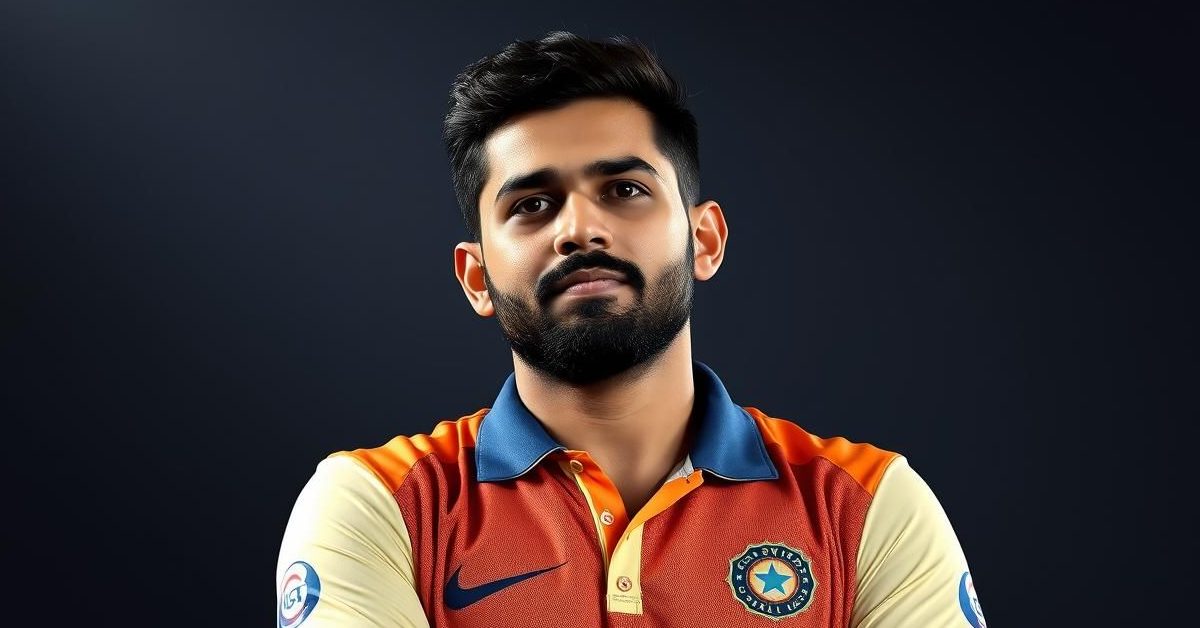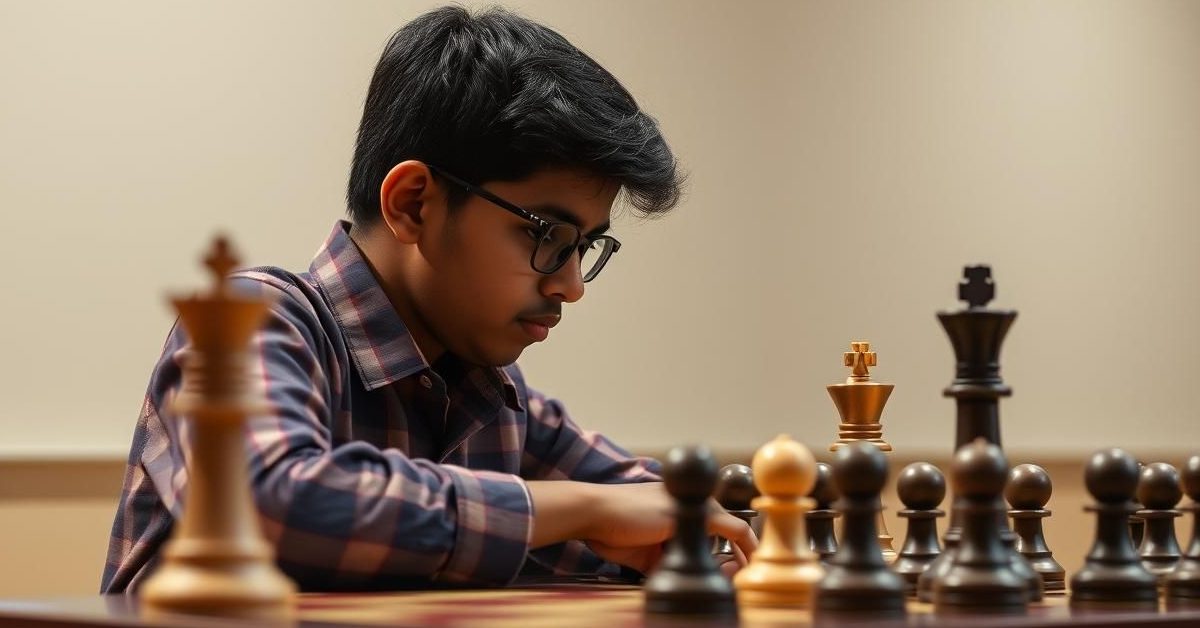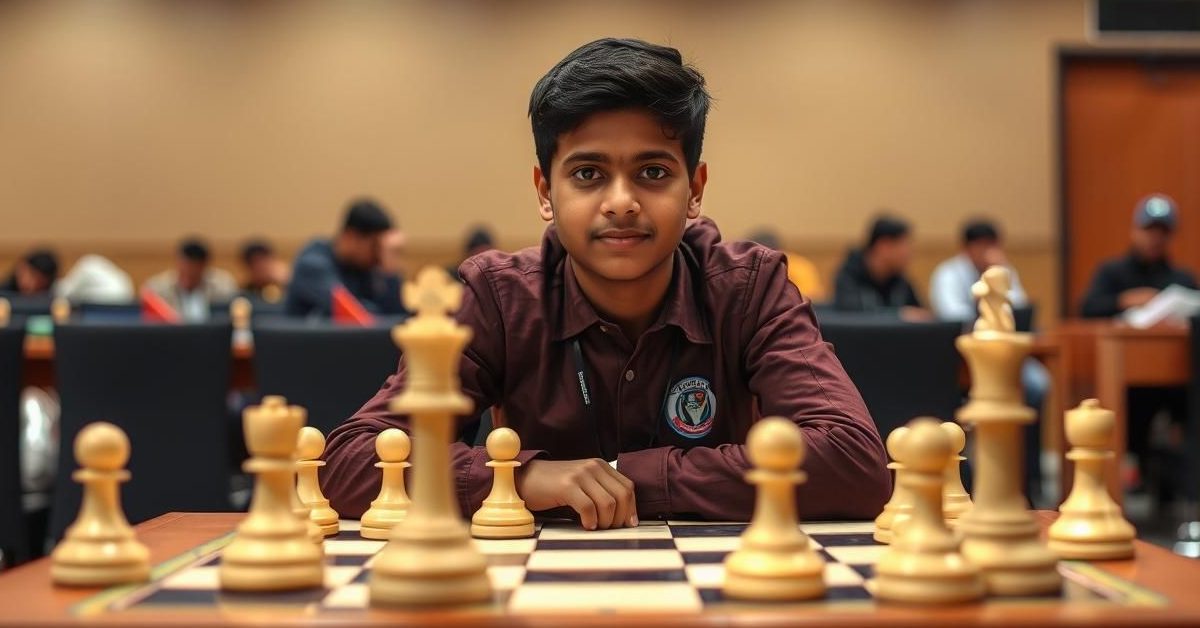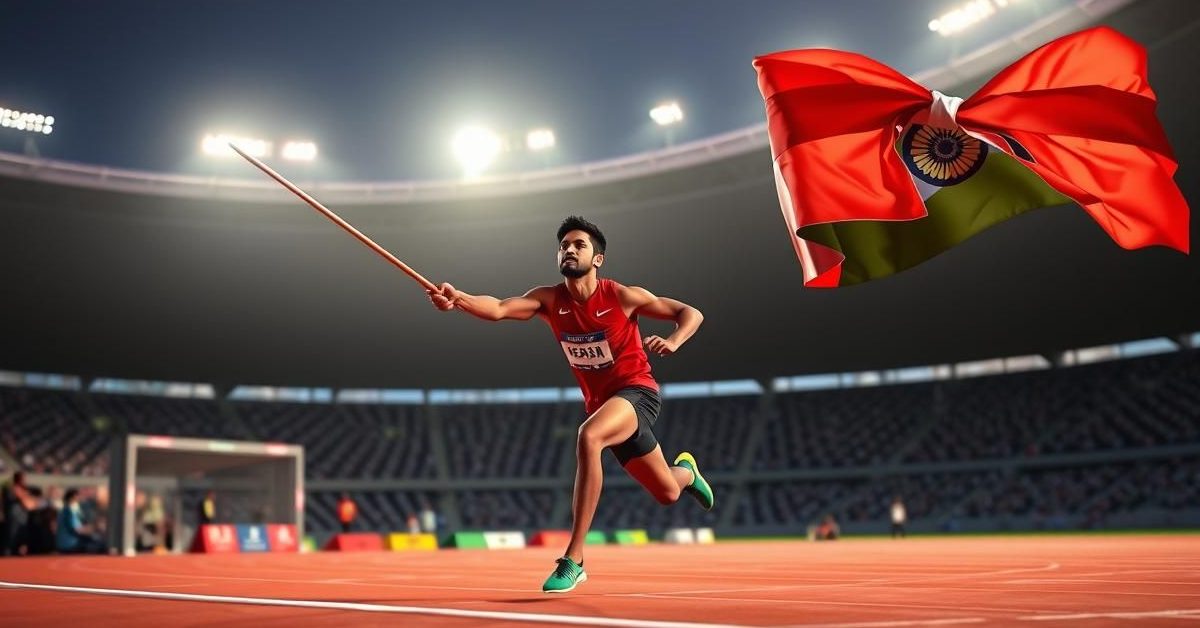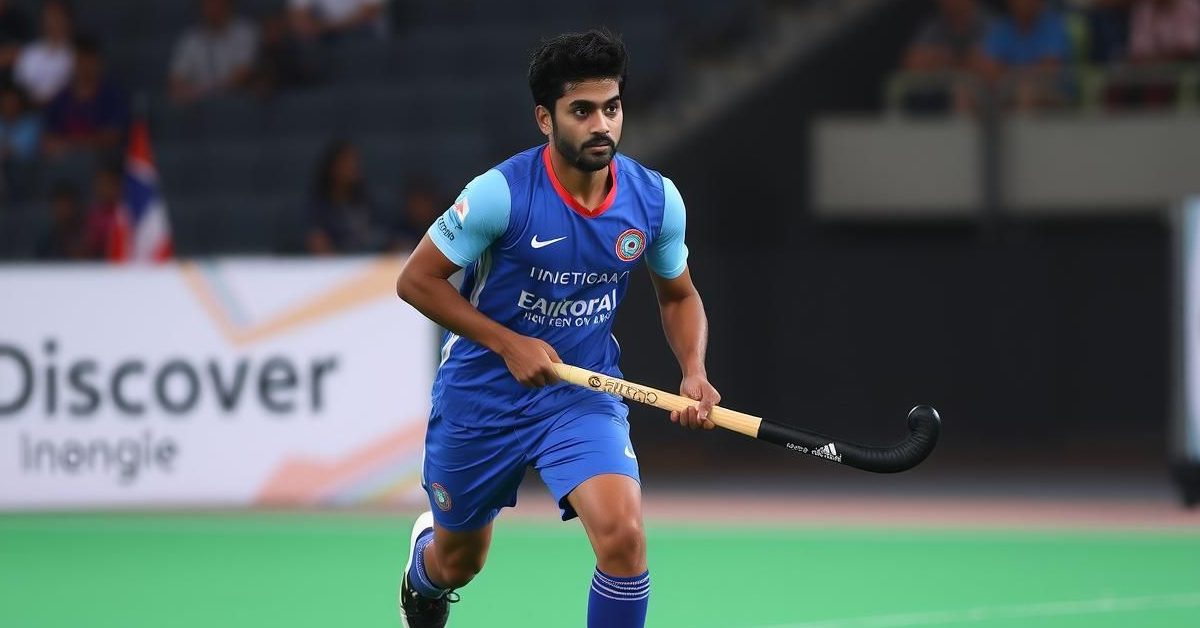The Echo of November 19th: Rohit Sharma’s Masterclass in Moving Forward
For India’s captain, Rohit Sharma, the sting of that ODI World Cup final defeat against Australia in Ahmedabad was a deep, national wound. It was a day etched in the memory of millions, a date synonymous with heartbreak for Indian cricket fans. Yet, as the seasoned campaigner would later reveal on the JioCinema show “Champions Waali Feeling Phir Se,” dwelling on the past is a luxury the unforgiving world of professional cricket simply doesn’t afford. The future, as he aptly puts it, begins the moment the coin is tossed.
Confronting the Aussies: A Quest for Redemption, Not Revenge
Months after the 2023 World Cup final, the cricketing world presented Rohit Sharma and his Men in Blue with a golden opportunity for sporting redemption. The stage was the 2024 T20 World Cup in the Caribbean, and once again, their nemesis, Australia, stood in their path. The stakes were immense: a victory for India meant Australia’s elimination from the tournament.
“We knew that if we won this match, Australia would be out. That was a decent motivation for all of us,” Sharma admitted. While the collective memory of the November 19th heartbreak lingered – “they ruined our 19th November. Not just ours, but the whole country’s” – Rohit emphasized a crucial distinction. The underlying sentiment was there, a desire to “give them a good gift,” but true sporting professionalism dictated a different approach. “Cricket is not played thinking about what happened last time,” he stressed. “When the toss happens, the game starts.”
The Mindset of a Captain: Focus Over Fury
Sharma articulated the delicate balance between emotional drive and tactical execution. In the dressing room, the banter and shared memories of the past defeat were natural. But once on the field, the focus shifts entirely. “When I am batting, I don’t think — let’s knock them out. It doesn’t work like that. I have to focus on how I can play well against them,” he explained.
This disciplined approach was evident in his pivotal knock against the formidable Mitchell Starc. Rohit, with years of experience facing the Australian pace spearhead, observed Starc’s intent. “I felt Starc wasn’t trying to get me out. When a bowler starts bowling wide and keeping the ball away, he’s just looking to survive, to finish his over. For me, half the battle is won there.” This shrewd psychological insight allowed him to dominate, crafting an innings he holds in high regard, even above centuries, given the match context and the sheer magnitude of the T20 World Cup.
The Enduring Legacy of Australian Cricket Dominance
Even in victory, Rohit Sharma’s respect for Australia’s cricketing pedigree shines through. He acknowledges their unique “DNA” for winning major tournaments. “Australia knows how to win World Cups. Come the knockouts (and) finals, they really amp up their game,” he conceded.
Their unparalleled success, a legacy passed “from generation to generation,” isn’t merely about individual talent, but a collective understanding of what it takes to triumph on the biggest stages. While legendary teams like the West Indies of 1975-79 left an indelible mark, Australia’s consistent World Cup dominance across eras sets them apart. “No team wins so many World Cups without having something special,” Sharma remarked, a testament to their enduring competitive spirit.
The Electric Atmosphere of India vs. Pakistan in the USA
Beyond the Australian rivalry, Rohit also vividly recalled the unique spectacle of the India vs. Pakistan clash during the 2024 T20 World Cup in the United States. The build-up was unlike any other, marked by heightened security and palpable anticipation. “Before the India vs Pakistan match, we were told there was a threat — something was going on. So, two days before the game, we weren’t allowed to step out of the hotel.”
Despite the restrictions, the energy was infectious. The hotel buzzed with fans and media, creating an undeniable buzz that transcended the boundaries of a regular match. Arriving at the stadium, the atmosphere was a “celebration” – a fusion of Indian and Pakistani fans dancing together, embodying the spirit of the sport. “I’ve played so many India–Pakistan games now — I’ve lost count — but that pre-match energy, that feeling… It’s always something else. Nothing compares to it,” he shared, highlighting the unparalleled intensity of cricket’s most iconic rivalry.
Rishabh Pant’s Crucial Knock on a Treacherous Pitch
Amidst the high-octane contests, one innings stood out for its sheer resilience and impact: Rishabh Pant’s crucial contribution against Pakistan on a particularly challenging New York pitch. Sharma revealed the team’s simple directive to Pant: “We just wanted Rishabh to be Rishabh — do all the things he does best, unsettle the bowlers, play freely.”
And Pant delivered. His score of 42 runs, on a surface where “something was always happening” and the par score was a mere 130-140, felt like a monumental 70. India eventually posted 119, a score Sharma felt was “10-15 runs short” but still defensible. “If we got 2-3 early wickets with the new ball, that 119 would start to feel like 160,” he strategized, underlining the tactical acumen required on such unpredictable wickets.
Mastering the Pace Battery: Unleashing Bumrah and Arshdeep
Discussing his leadership of India’s premier pace bowlers, Jasprit Bumrah and Arshdeep Singh, Rohit detailed his strategic approach. With Bumrah, the goal is proactive deployment. “He’s a wicket-taker, and at the same time, he’s not going to leak runs. So, how do you balance that, especially when the opposition is chasing at a run-a-ball?”
Arshdeep Singh, who has emerged as India’s highest T20I wicket-taker in recent years, earns similar praise for his intelligence as a bowler. Sharma’s focus with both pacers was on maximizing their impact by strategically deploying their overs. On the tricky surfaces of the T20 World Cup, where new batters struggled to adapt, the plan was simple: “Our goal was to force new guys to the crease. That was the plan.” It’s this blend of intuitive leadership and tactical brilliance that defines Rohit Sharma’s captaincy, turning challenges into opportunities on the global stage.
